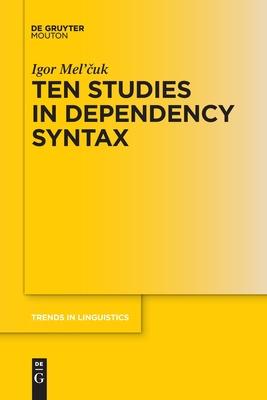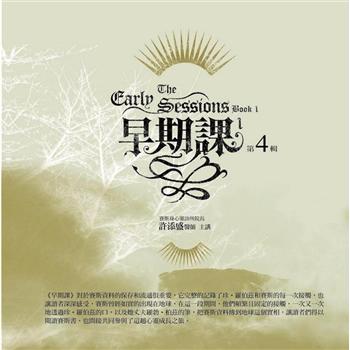The monograph presents the Meaning-Text approach applied to the domain of syntax from a typological angle; it deals with several long-standing syntactic problems on the basis of a dependency description.
Its content can be presented in five parts + an Introduction:
The Introduction explains the architecture of the book and sketches the Meaning-Text linguis-tic model, underlying the subsequent discussion.
I. Surface-syntactic relations in the languages of the world, with special studies of subjects and objects.
II. Grammatical voice in the dependency framework: the "passive" construction in Chinese.
III. The relative clause: a calculus and analysis of possible types; the pseudo-relative ("headless") clause.
IV. Binary conjunctions (such as IF ..., THEN ...), free indefinite pronouns ([He went] nobody knows where), and syntactic idioms.
V. Word order: linearization of dependency structures.
The monograph offers a new perspective in syntactic studies. It is strongly typology-oriented (using the data from typologically diverse languages: English, Russian, Chinese, Korean, Basque, Georgian, etc.) and based on a system of rigorous definitions of the notions involved, which ensures a link with computational linguistics and Natural Language Processing
| FindBook |
有 1 項符合
Ten Studies in Dependency Syntax的圖書 |
 |
Ten Studies in Dependency Syntax 作者:Mel’cuk 出版社:Walter de Gruyter 出版日期:2022-12-19 語言:英文 規格:平裝 / 458頁 / 普通級/ 初版 |
| 圖書館借閱 |
| 國家圖書館 | 全國圖書書目資訊網 | 國立公共資訊圖書館 | 電子書服務平台 | MetaCat 跨館整合查詢 |
| 臺北市立圖書館 | 新北市立圖書館 | 基隆市公共圖書館 | 桃園市立圖書館 | 新竹縣公共圖書館 |
| 苗栗縣立圖書館 | 臺中市立圖書館 | 彰化縣公共圖書館 | 南投縣文化局 | 雲林縣公共圖書館 |
| 嘉義縣圖書館 | 臺南市立圖書館 | 高雄市立圖書館 | 屏東縣公共圖書館 | 宜蘭縣公共圖書館 |
| 花蓮縣文化局 | 臺東縣文化處 |
|
|
圖書介紹 - 資料來源:博客來 評分:
圖書名稱:Ten Studies in Dependency Syntax
內容簡介
|











